WE HAVE A WIDE RANGE OF AGES & STAGES ON DECK SO LETS TAWK BOUT
RISK TOLERANCE
* The Long Game
Recognize that investing is often about long-term growth rather than short-term gains. The market can be volatile, and understanding that ups and downs are part of the journey can help you remain patient.
How much RISK can you take⁉️
When it comes to investing, risk and return may come hand-in-hand. If unwilling to take risks, one should not expect returns.
However, it could be dangerous when some only has their eye on the CAGR, ROI & returns while neglecting the risks.
So, how does one balance risk and return⁉️ This depends on how much risk you can take.
Risk tolerance varies from person to person. This is often related to 4 main factors.
• The first factor is age.
A youngin in his prime and a retired senior generally have different levels of risk tolerance.
Young people usually (think they) have a longer timeline to recover from their losses.
Therefore, they may be more risk-tolerant.
However, many elderly people live off pensions or savings, and may not have other sources of income, which can make them relatively less risk-tolerant.
A commonly cited rule of thumb makes it easier to approach the relationship between age and potentially high-risk assets, such as stocks.
According to this principle, the percentage of stocks people may consider holding is equal to 100 minus their age.
For example, a 30-year-old investor may consider allocating 70% of their idle funds to stocks, while according to this rule, that percentage for an investor aged 70 should be within 30% (this number can be more based on the person’s individual goals and risk tolerance. If their risk tolerance is high and they want to retire soon they can allocate 50-80%+ into the market and other assets with a solid history & CAGR).
However, this formula can be flexible. You can adjust it according to your situation. But, all else being equal, the principle is the older you are, the lower the proportion of your portfolio that you MAY want to consider investing in high-risk assets.
• The second factor is financial status.
For example, if someone is well-off and has no debt and he is also single, then there is a lot less financial burden on his hands. But if he is married with kids, then living expenses are high, and he might struggle to make ends meet.
There is an essential difference between his risk tolerance level in these two situations.
The former is in good financial condition. A slight loss will not affect life. Therefore, the risk tolerance is relatively strong.
The latter's financial situation is already unstable. Losing money on an investment might result in a huge burden on life.
Therefore, the risk tolerance is less.
• The third factor is individual risk appetite.
Everyone has different perspectives on risks.
Some people are conservative even when they are young and well-off. They simply do not want to take any risks, thus they are not the best candidates for high-risk investments.
Some people are more radical. Losing money will not rattle their mindsets. Thus they are willing to take high risks to gain possible high returns.
• The fourth factor is the level of investment knowledge.
The essence of risk is uncertainty. Before investing, you will not know the profits or losses it brings.
If you have done your homework in asset analysis with the right investment mindset, you may become more capable of controlling the investment risks perceived by others as huge uncertainty.
Conversely, you'll be walking a thin line if you choose to invest in financial assets that you don't know much about, especially those involving high risk.
To sum up, the investment risk that you can take depends on your age, financial situation, risk appetite, and investment knowledge. Before investing, we must know our situation, and not act on impulse.
* Only buy something that you’d be perfectly happy to hold if the market shut down for 10 years.
- Warren Buffett, Billionaire
Extra Credit:
* ETFs, Longs, Shorts 👈🏽 in that order. ETFs and Longs is the retirement and Generational Wealth. NO funny stuff in the ETFs and the Longs. Shorts is for fun and Free Cash Flow… but can occasionally also hit 2x to 10x plus, if it doesn’t go to 0. Hail Mary.
* Only invest LONG TERM in stuff that’s outperforming the market. S&P 500 📈 does 7-10% a year, my ETFs gotta yield or earn the same or MORE on an annual basis, to be worth my time.
* IF you have extremely LOW RISK tolerance consider a CD or money market.
* ONLY deal with shorts if you have the means and risk tolerance. Otherwise stick to LONG TERM STOCKS, ETFs & REAL ESTATE FOR CASH.
Let’s all
Stop 🛑 focusing on a quick buck. Hold, and go long.
Collect Assets at a Discount. DCA either way. Be patient. We Build Wealth.
The compound annual growth rate (CAGR) is the mean annual growth rate of an investment over a period longer than one year.
It's one of the most accurate ways to calculate and determine returns for individual assets, investment portfolios, and anything that can rise or fall in value over time.
= 10 to 100% CAGR or more for All of Our Assets:
Ex:
What does 10% CAGR mean?
CAGR tells you the average rate at which an investment has grown over a specified period.
10% CAGR means the 10% interest you earn every year is first added to your principal investment. And then, on the total amount, you again get 10% return.
Traditional Investing
Buy & Hold
Big Boy Blue Chip
Long Term
#CoachDonnie
For ANY and all aforementioned/heretofore Stocks, ETFs, side hustles or other Assets/asset classes discussed here
Remember the following:
🚨 DISCLAIMER 🚨
PAST PERFORMANCE DOES NOT GUARANTEE FUTURE RESULTS.
I Share Because I Care. The aforementioned is for Informational Educational & Entertainment purposes ONLY, this is NOT investment advice.
You have to do what’s best for you and yours at the end of the day. There’s NO guarantees in Investing nor Asset Accumulation.
Reach out to your Financial Advisor, CPA and or CFP.
I am not a Financial Advisor, CFP nor CPA.
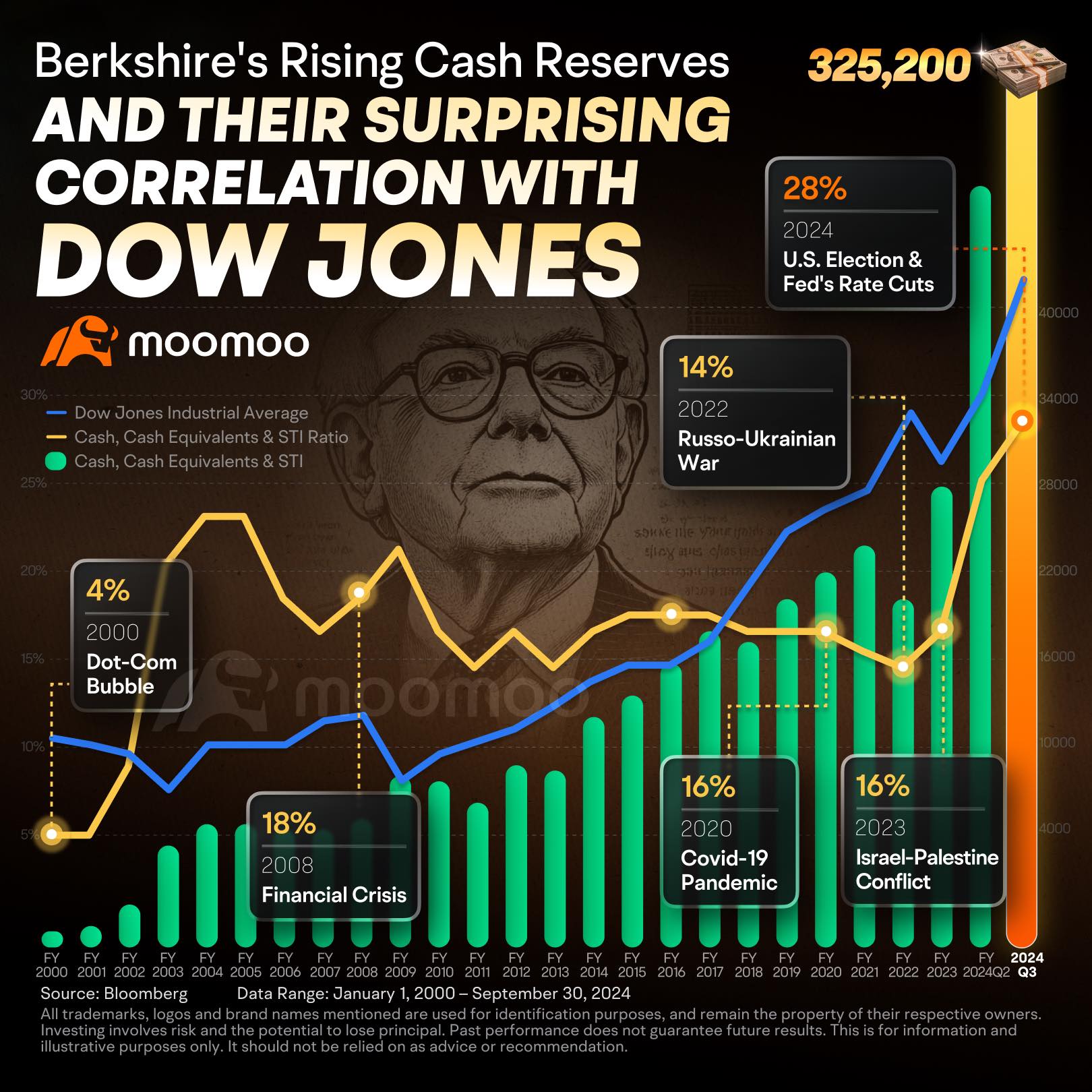

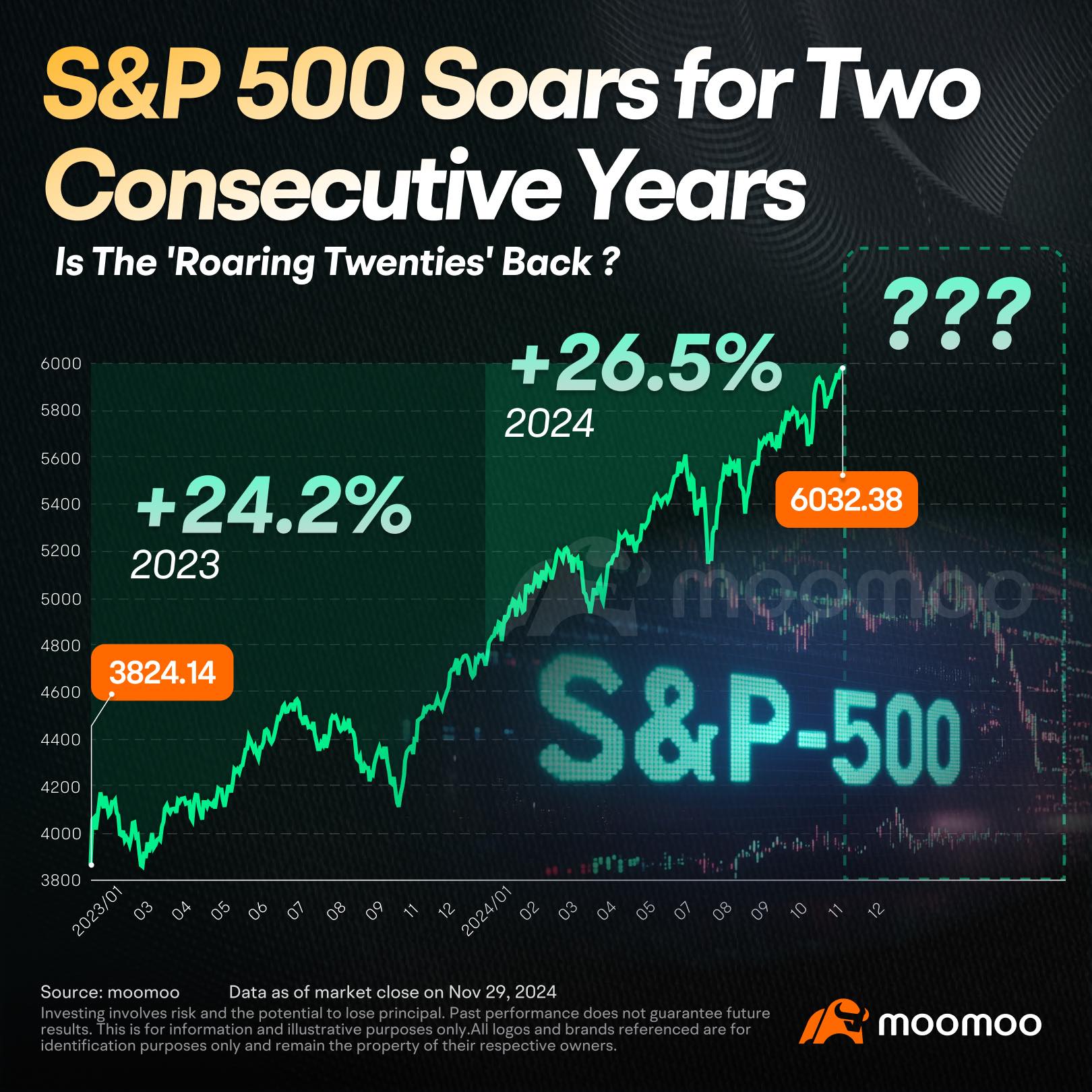
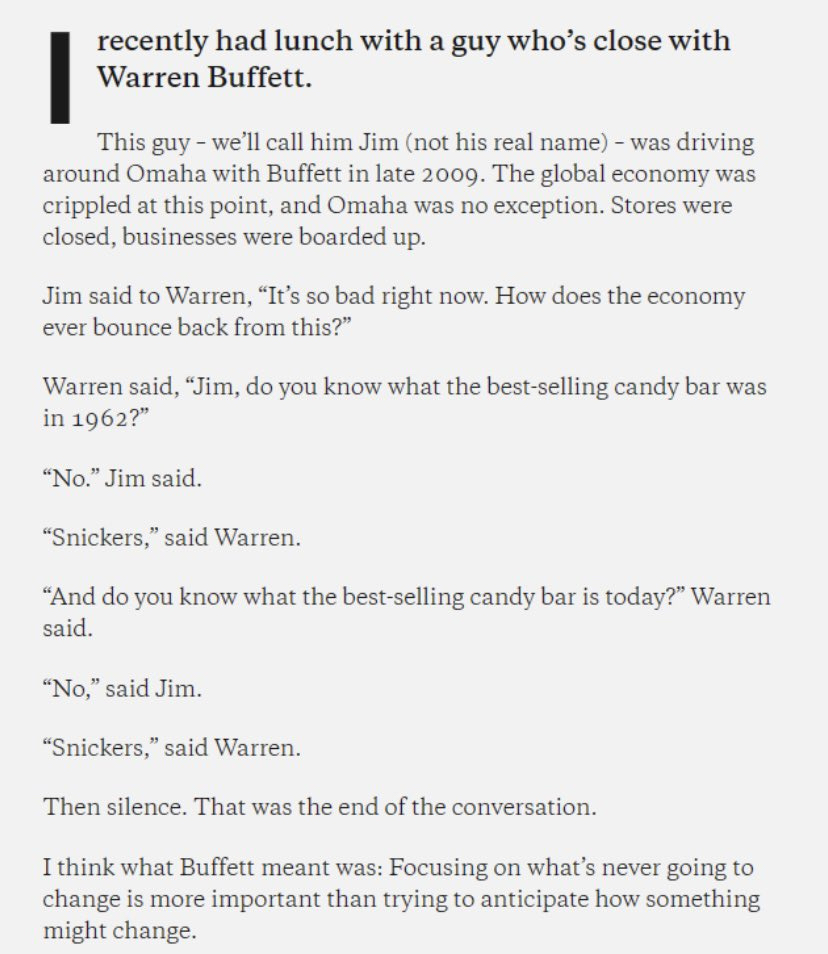


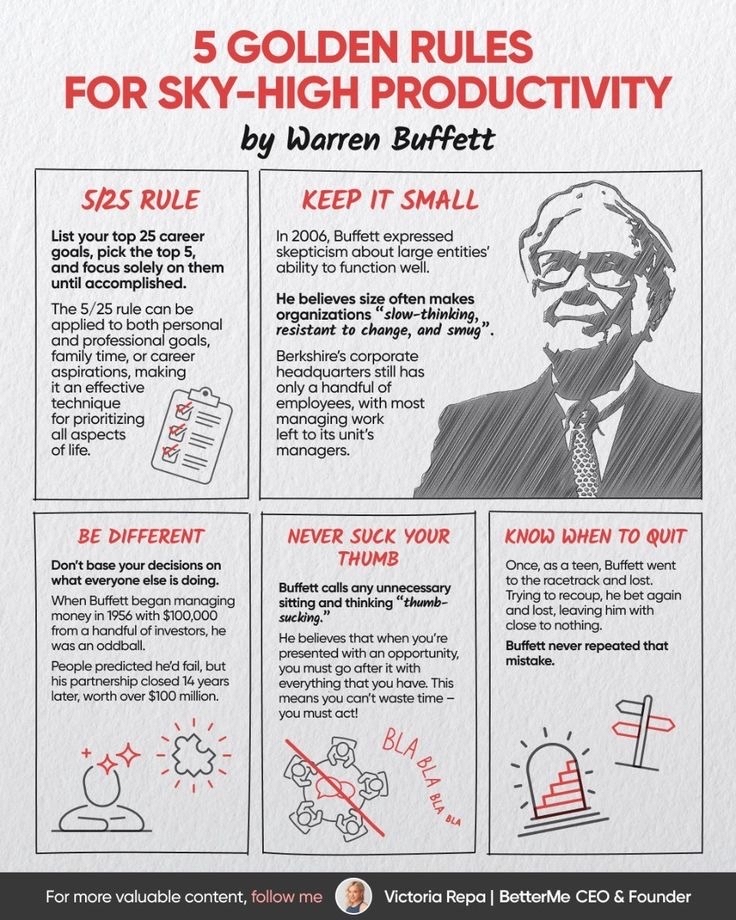




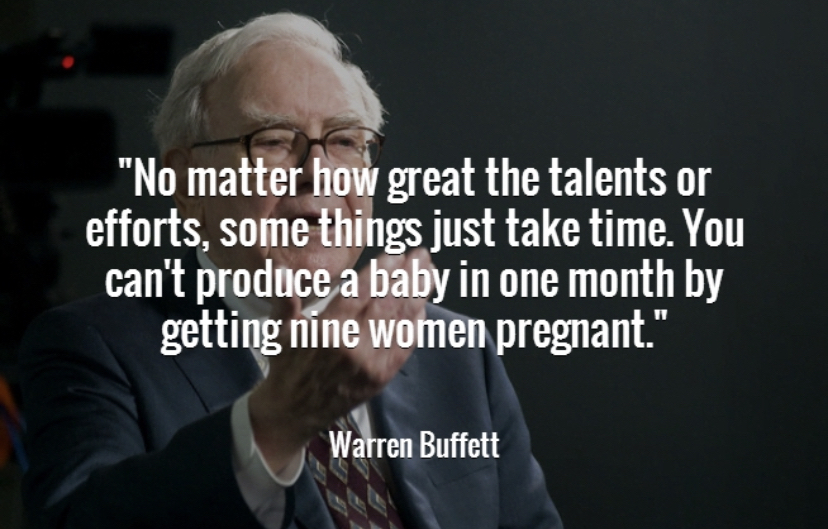
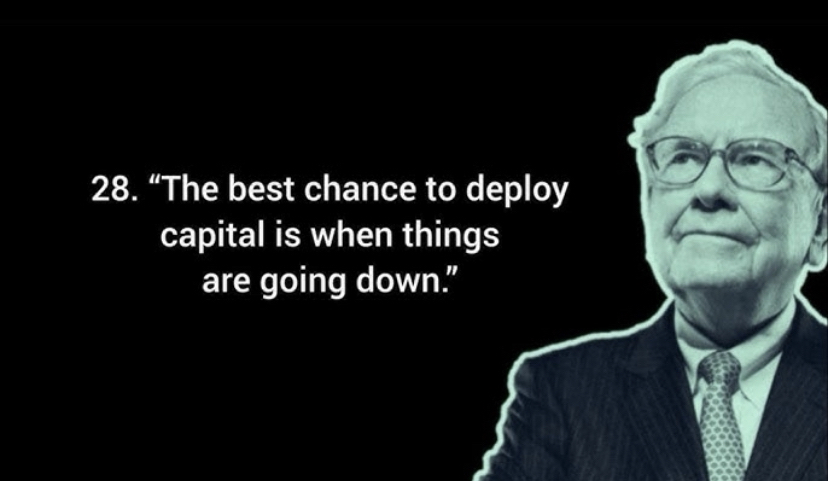
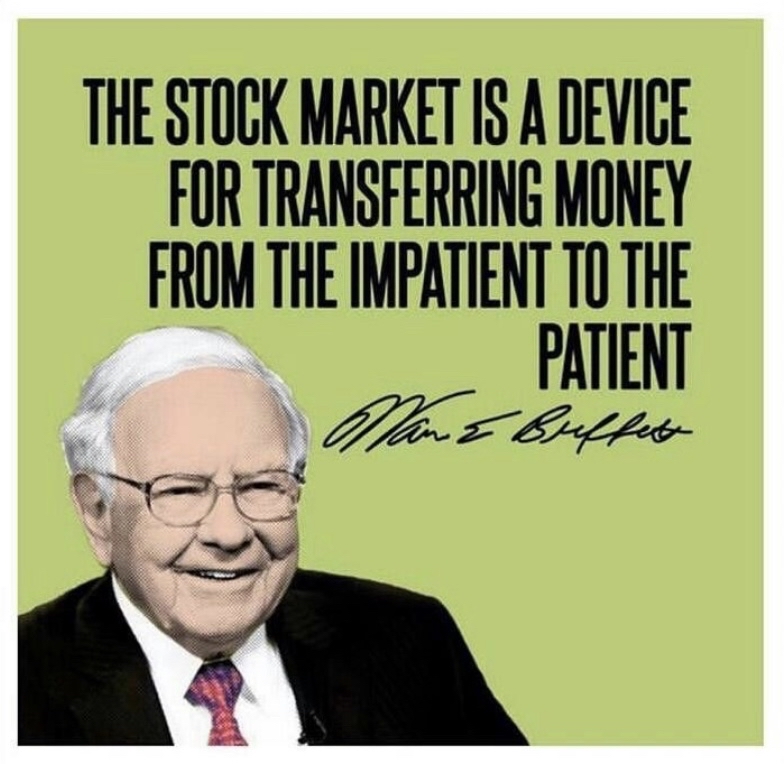







Coach Donnie OP : • The Market Ebbs and Flows… like the Ocean so be like water
so be like water  my friend
my friend



 is
is
 short term when there’s red because everything’s on discount (we scoop up Solid long term ETFs and stocks for the low)
short term when there’s red because everything’s on discount (we scoop up Solid long term ETFs and stocks for the low)
 long term because in 5-10 years when our assets appreciate we can collect on our wealth and enjoy life.
long term because in 5-10 years when our assets appreciate we can collect on our wealth and enjoy life.

 people talking about it
people talking about it

 So
So 
There’s Cycles and Manipulation so it goes Up and Down like a roller coaster
• Don't let the Wins go to your Head
Don't let the "losses" go to your Heart
• The Key
We win
And
We win
• Get Taught Up so you don't get Caught Up...
• Don’t let ANYBODY tell you accumulating wealth is easy
If it's easy it's sleezy
It’s simple in theory but definitely ain’t easy in practice
• Stop focusing on a quick buck. Hold, and go long.
Collect Assets at a Discount. DCA either way. Be patient.
• IF you’re new, conservative and or emotional
Consider Buying 80% or more a year ETFs like SPLG and FTEC etc
Don’t overly focus on NVDA or individual stocks
Consider Buying ETFs and stocks that do 7-10% a year or more
Do not get caught up in the hype or anything volatile even if you hear
• When it comes to Stocks, ETFs, Real Estate, Businesses, Precious Metals…
or any asset class in your Wealth Wisdom & Asset Accumulation journey:
Stick to your strategy
Adjust when necessary
Rinse and Repeat
Energy FLOWS where Energy GOES…
…Be INFORMED but not INUNDATED.
#CoachDonnie
Coach Donnie OP : • When we understand the cycles we can enjoy the journey more
we can enjoy the journey more

 laugh
laugh  this is as much about us Becoming Better as it is about Asset Accumulation.
this is as much about us Becoming Better as it is about Asset Accumulation.
 so they control you with fear
so they control you with fear  and make you think it’s logic
and make you think it’s logic 




We can buy the dips and unplug (or do nothing) when there’s downtrends, dark pool market manipulations, sell offs etc
• We can also enjoy the upswings without getting caught up in FOMO and succumbing to the pressure of buying stuff at All Time Highs
• Gotta enjoy yourself otherwise the market is more stressful than a job
Mindset produces Assets:
Enjoy the journey smile
• Propaganda is linked with Dark Pools and Market Manipulation
Remember that.
• They don’t want you to win
IF you let them
Remember that
• Look into Capital Gains Taxes, long term vs short term wherever you’re located
When you sell for a profit there are often larger gains taxes which is good to be aware of so you’re not shocked
• Do you understand what taxing unrealized capital gains means?
You can’t tax anything that’s not liquid.
Wealthy 1 5 10%-ers park millions in certain assets so they won’t be taxed on em
• SUCCESS LEAVES CLUES - WE STANDIN ON BUSINESS:
BIG BOY BLUE CHIP (NO CAP) MEGACAP HYPER-SCALERS with an AMAZING UNDENIABLE HISTORICAL TRACK RECORD
• RESULTS > Opinions, BUSINESS PERFORMANCE > Market Manipulation, HISTORICAL DATA > Chatter
#CoachDonnie
Coach Donnie OP : • Q: Coach Donnie, are there any Guarantees with Stocks ETFs or the market overall?
 DISCLAIMER
DISCLAIMER 
• A: Yes. Nothing is guaranteed.
For ANY and all aforementioned/heretofore Stocks, ETFs, side hustles or other Assets/asset classes mentioned
Remember the following:
PAST PERFORMANCE DOES NOT GUARANTEE FUTURE RESULTS.
I Share Because I Care. The aforementioned is for Informational Educational & Entertainment purposes ONLY, this is NOT investment advice.
You have to do what’s best for you and yours at the end of the day. There’s NO guarantees in Investing nor Asset Accumulation.
Reach out to your Financial Advisor, CPA and or CFP.
I am not a Financial Advisor, CFP nor CPA.
Coach Donnie OP : This Wealth Blueprint - or something similar - is working for a lot of people
 also outlined in the first video I sent you and adjust the numbers for your specific needs
also outlined in the first video I sent you and adjust the numbers for your specific needs
 DISCLAIMER
DISCLAIMER 
50 - 30 - 20 split aka 50% 30% 20%
Example using $10,000:
5k goes to SPLG
3k goes to FTEC
2K goes to Magnificent 7 split equally (TSLA is optional)/and or individual stocks with an amazing 10+ year history such as NVDA MSFT AMZN AAPL GOOGL META etc
You can use that framework above
And/or develop your own Wealth Transfer Blueprint
Whatever you do be sure to pick ETFs that yield 7-10% a year on a 10 year average and or stocks that yield/bring 10-100% a year on a 10 year average
#CoachDonnie
Q: Coach Donnie, are there any Guarantees with Stocks ETFs or the market overall?
• A: Yes. Nothing is guaranteed.
For ANY and all aforementioned/heretofore Stocks, ETFs, side hustles or other Assets/asset classes mentioned
Remember the following:
PAST PERFORMANCE DOES NOT GUARANTEE FUTURE RESULTS.
I Share Because I Care. The aforementioned is for Informational Educational & Entertainment purposes ONLY, this is NOT investment advice.
You have to do what’s best for you and yours at the end of the day. There’s NO guarantees in Investing nor Asset Accumulation.
Reach out to your Financial Advisor, CPA and or CFP.
I am not a Financial Advisor, CFP nor CPA.
Coach Donnie OP : We have 22-25 million millionaires in the USA

But we have 350-400 million people in the USA
Are you next?
Coach Donnie OP : We have 22-25 million millionaires in the USA

But we have 350-400 million people in the USA
Are you next?
Coach Donnie OP : There’s only lack or ABUNDANCE
Fleeing from pain or Anticipation of GAIN…
Push through the illusion of pain to achieve and more importantly receive the GAINS
#CoachDonnie
Coach Donnie OP : Key Aspects of Financial Freedom:
Aspects of Financial Freedom:
1. Budgeting and Planning: Effective budgeting helps you track your income and expenses, enabling you to allocate funds toward savings, investments, and discretionary spending.
2. Debt Management: Financial freedom involves managing and reducing debt. This includes understanding the difference between good debt (like mortgages or student loans) and bad debt (like high-interest credit cards) and developing a plan to pay off high-interest debts.
3. Emergency Fund: Building an emergency fund that covers 3-6 months' worth of living expenses provides a financial cushion for unexpected events, such as medical emergencies or job loss.
4. Investing: Investing your money wisely can help grow your wealth over time. This can include stocks, bonds, mutual funds, real estate, or other investment vehicles that align with your financial goals.
5. Multiple Income Streams: Diversifying your income sources, such as side hustles, rental properties, or investments, can provide additional financial security and accelerate your journey to financial freedom.
Independence is the goal
Freedom > stuff
#CoachDonnie
Coach Donnie OP : Time In the Market Beats Timin the Market
 is right twice a day
is right twice a day 
Even a stopped clock
Coach Donnie OP : Have y’all seen Changing World Order by Ray Dalio recently?
Extremely important
View more comments...